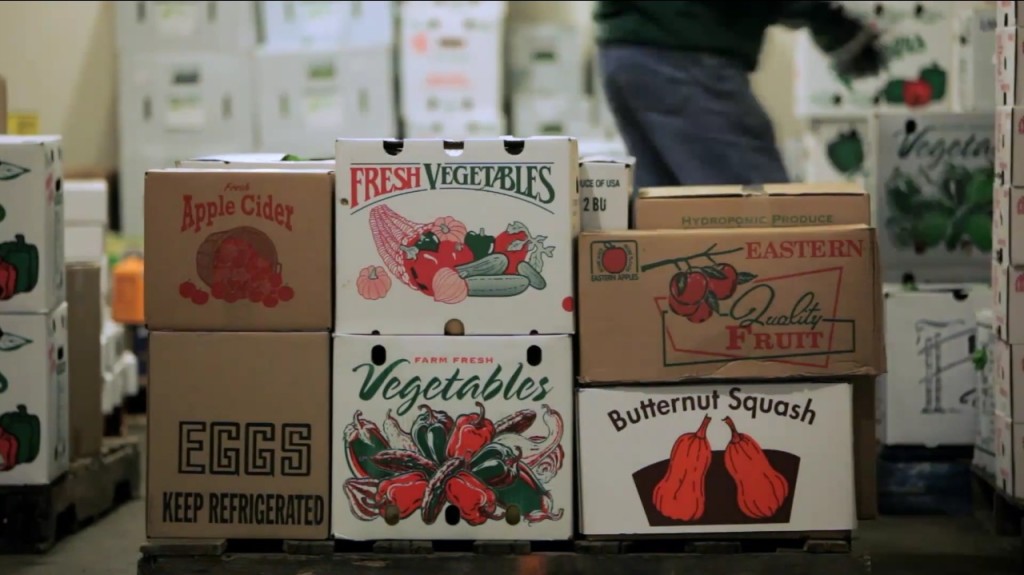The organic food movement gets a lot of criticism for being too elitist and exclusive, and for good reason. How likely are you to want to spend that extra two dollars for every item at the farmers’ market when you’re working multiple jobs just to pay the bills, even if it’s supposed to be better for you, the environment, and the local community?

Gif courtesy of giphy.com
Everyone should have the right to access affordable, healthy foods no matter their socioeconomic status, and your income shouldn’t affect your ability to positively impact your local community. That’s where food hubs come in.
Food hubs help local farmers connect with local institutions like public schools, hospitals, grocery stores, and restaurants. The goal of food hubs is to make it easier for more people to access fresh, healthy, and local food without relying on the restrictions of traditional capitalism. That means no more nasty processed cafeteria food, because we all know that the kids deserve better.

Gif courtesy of hercampus.com
Currently, small farmers have pretty limited options because they don’t have the quantity and consistency to sell to large retailers or institutions. Even if there’s an abundance of fresh food in the region, sometimes it doesn’t actually get to the local community.
Food hubs help aggregate orders from multiple farms to single buyers so that large institutions like schools, hospitals, restaurants, and large grocery stores chains can provide fresh, local food to more people.
Even though farmers can’t charge as much for their products by selling through food hubs, they also benefit from participating in food hubs. Since the hubs help provide transportation between buyers and sellers, farmers do not have to spend as much time off-farm transporting and selling their food and can have more time doing the work that needs to be done at their farm.

Photo courtesy of the USDA on Flickr
Check out the USDA Food Hub Directory to see if there is a food hub near you. Trust me, having delicious, fresh, healthy local food in your school dining hall is pretty awesome. If there’s no food hub in your area, get in touch with your local agriculture commission to see if there is any interest for one in the area, and even get your school involved. It’s good for you, and it’s good for your community.


